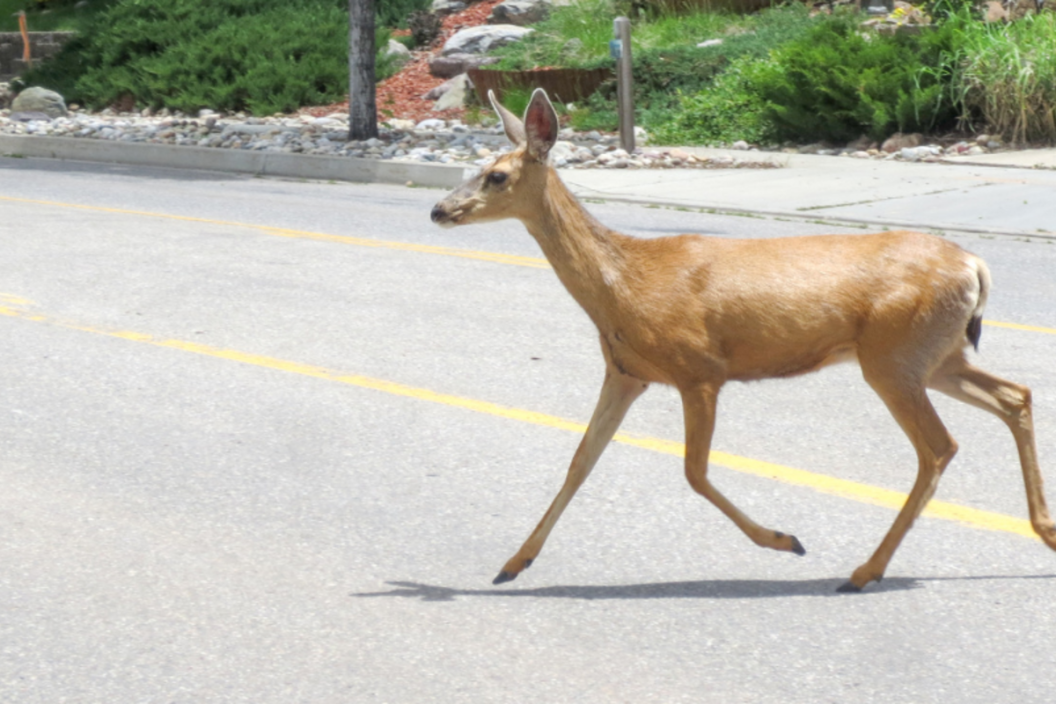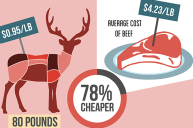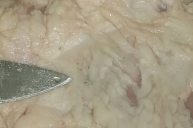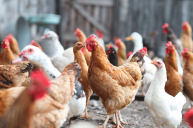Humans have been eating roadkill since the first ox cart flattened a critter in ancient Mesopotamia thousands of years ago. Today, you can find "roadkill cuisine" simmering on stovetops in kitchens across the U.S. Animal rights activists and foodies alike hail roadkill as one of the most ethical and environmentally friendly meats. Advocates point out that these animals were not raised or killed for food, and argue letting people harvest roadkill makes use of a valuable free-range protein source that would otherwise go to waste.
Over a million deer are hit by cars in the U.S. annually, meaning tens of millions of pounds of free-range venison could be salvaged by eating roadkill every year. If you live in the mountains or a less populated area, it's pretty common to see a deer on the side of the road. Thankfully, more and more states are making it legal to eat roadkill and use the entire carcass of the animal.
https://www.instagram.com/p/181BaNmRuB/
Roadkill is free of the antibiotics, hormones, and growth stimulants found in factory-farmed meat. And many roadkill species—including elk, deer, boar, and certain game birds—are pretty darn tasty, and sell for quite a bit when farm-raised, packaged and offered in stores.
States You Can Legally Harvest Roadkill
- Alabama: Only non-protected animals and game animals during the open season may be harvested.
- Alaska: Individuals are not allowed to harvest animals, but moose, caribou, and other species may be distributed through volunteer organizations.
- Arizona: Big game animals may be collected with a permit.
- Arkansas
- California
- Colorado: Proper authorization required.
- Georgia: Native species may be harvested; must notify the state about roadkilled black bears.
- Idaho: Must report the time of the salvage.
- Illinois: Proper hunting or trapping license and/or habitat stamp required.
- Indiana: Permit required.
- Maryland: Permit required.
- Massachusetts: Permit required; must submit roadkill for state inspection.
- Michigan: Deer and bear may be salvaged with a permit.
- Missouri: Permit required, must contact a Conservation Agent within 24 hours of collection for authorization.
- Montana
- New Hampshire
- New York: License or tag may be required depending on species.
- New Jersey: Only deer may be salvaged with permit.
- North Dakota: Permit required.
- North Carolina: Must be registered over the phone by DNR staff.
- Ohio
- Oregon
- Pennsylvania: Must report the incident to the state Game Commission within 24 hours.
- South Dakota: Proper notification and authorization required.
- Tennessee
- Utah: Permit required to salvage non-protected species.
- Vermont: Possession tag required for big game animals and furbearers.
- Washington
- West Virginia: Must be reported within 12 hours of collection.
- Wisconsin: Must be registered over the phone by DNR staff.




